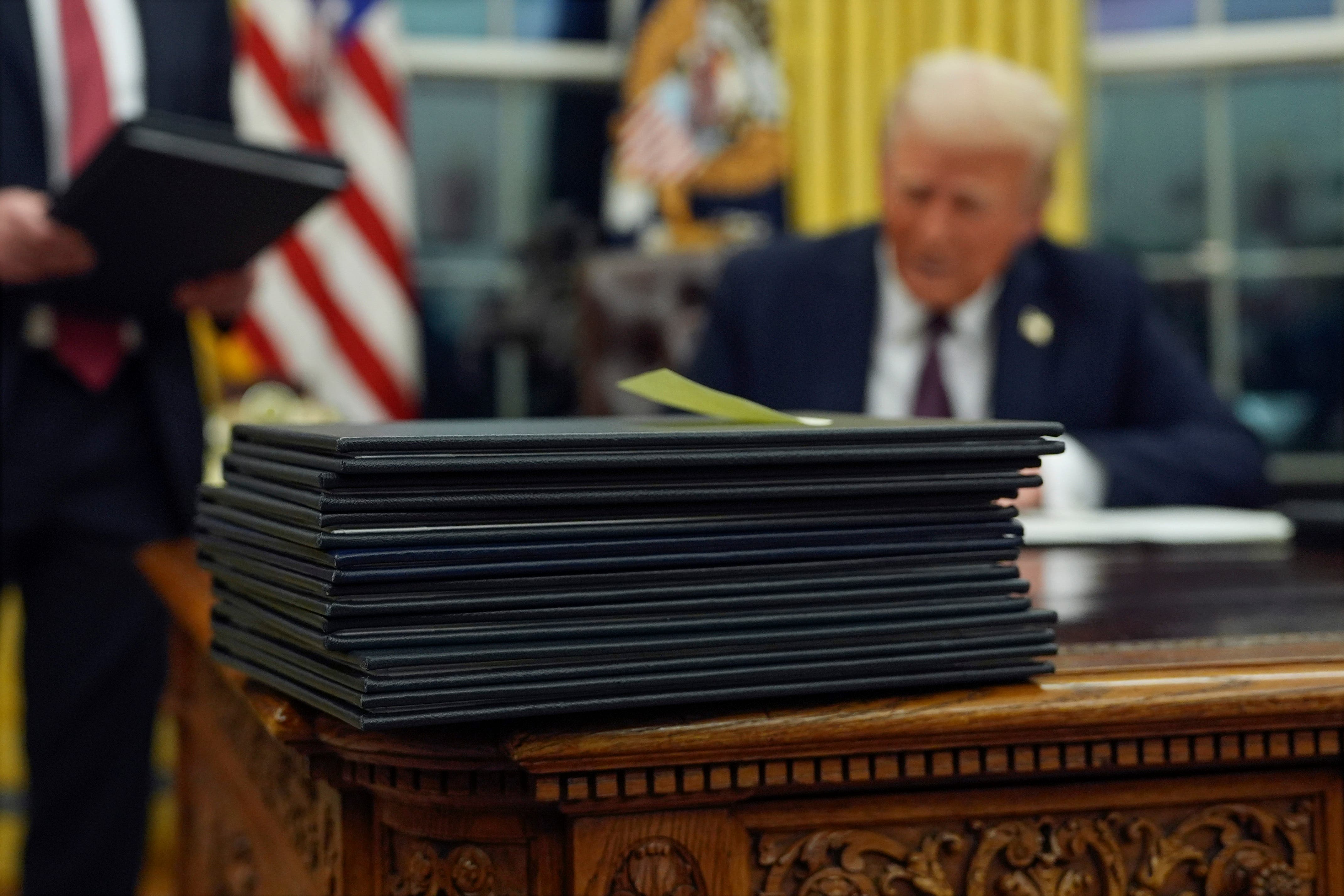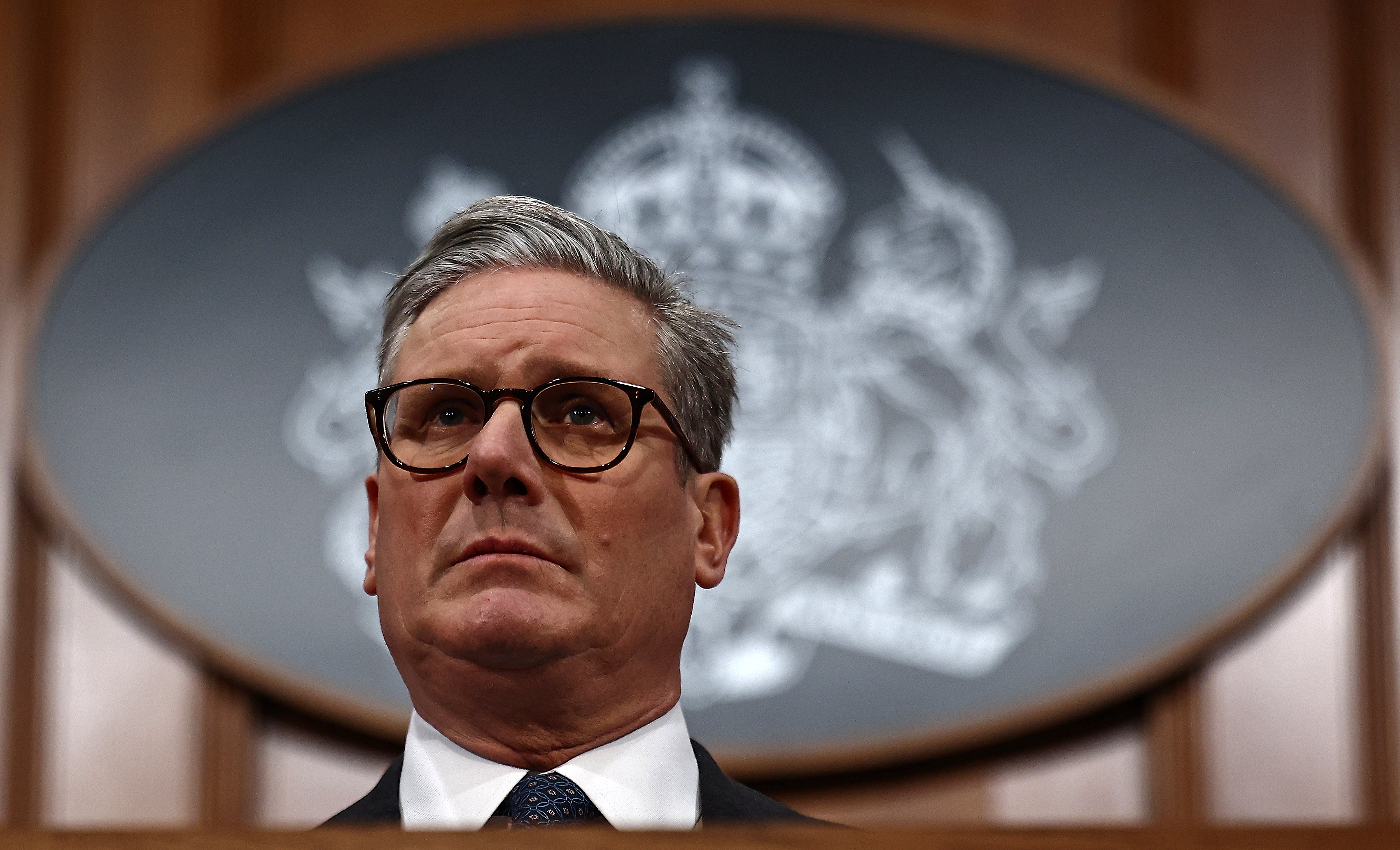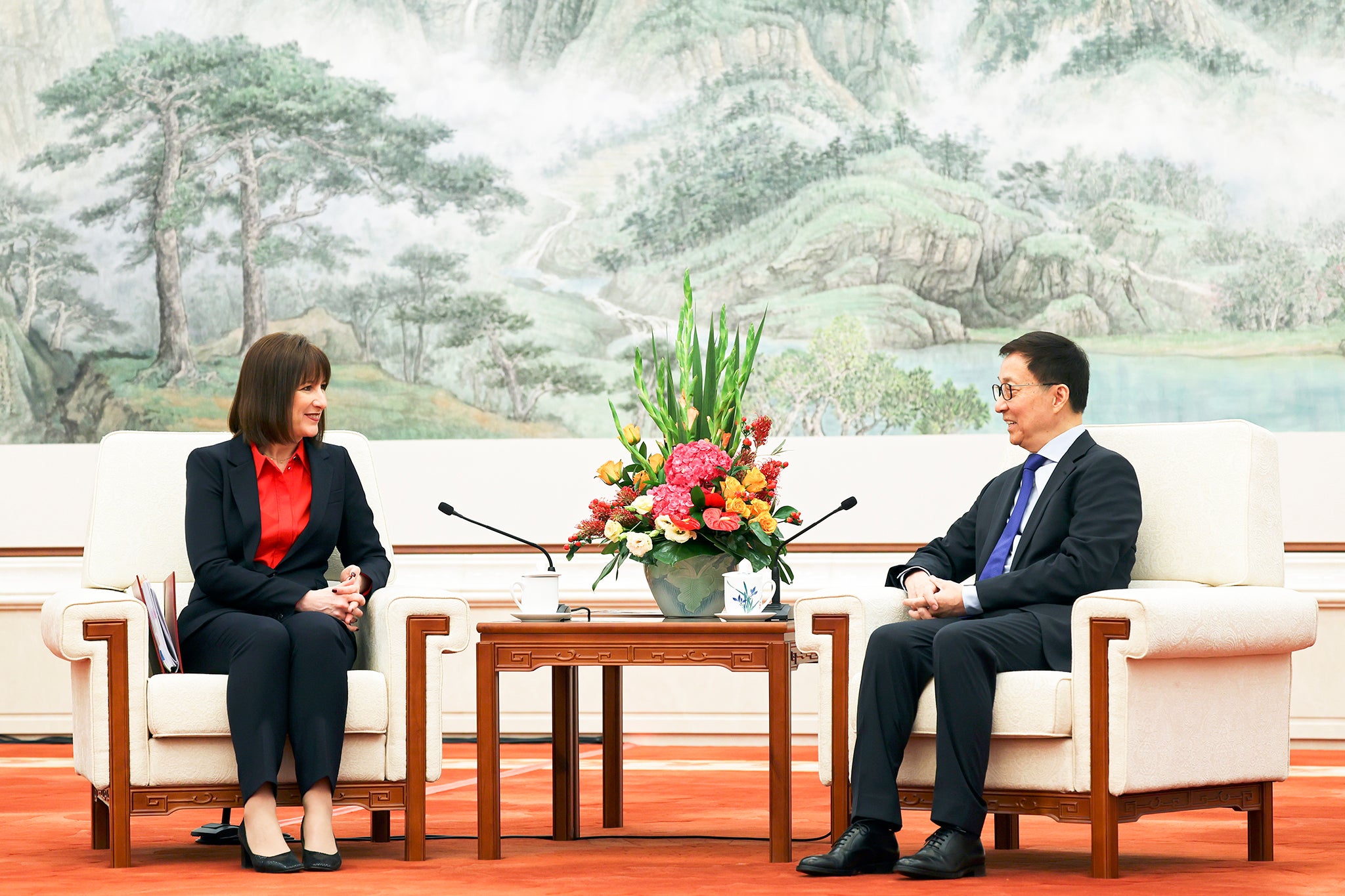Donald Trump’s new administration believes it has Sir Keir Starmer’s government “over a barrel” on trade as Britain becomes increasingly reliant on a US deal, insiders have told The Independent.
Senior sources in the president’s team said the UK had no choice but to seek a trade agreement after the prime minister said his government’s success would be judged primarily on economic growth.
With Britain’s relations with the EU strained following Brexit, and only a modest investment deal secured on Rachel Reeves’ recent trip to China, one Trump aide said it was time “to remind Starmer who holds all the cards in this relationship”.
It comes as the new Trump administration considers its threat over rejecting Lord Mandelson’s credentials as UK ambassador to the US. There has also been a bruising experience over attempts to hand over the Chagos islands before the inauguration which the UK government was forced to back down on.
The US has long wanted the UK to lift its ban on chlorinated chicken and hormone-treated beef, a move former UK ambassador to the US, Kim Darroch, warned would destroy British farming.

At the weekend, Sir Keir conceded that he wanted some kind a trade deal with America, while UK chief Treasury secretary Darren Jones said there were “plenty of good deals to be done”.
But worryingly for Downing Street, Mr Trump used his presidential acceptance speech to repeat his plans to plough ahead with tariffs.
Andrew Hale, a senior analyst at the highly influential Heritage Foundation thinktank which helped draft the Project 2025 document that the Trump administration is using as a blueprint for policy.
He said: “Trump has got Starmer over a barrel. The UK economy is contracting, and there is no growth. The Starmer government has doubled down on the failed economic policies of Jeremy Hunt and the past Conservative prime ministers. They need to give up their tried and failed policies of punitive taxes, borrowing, and reckless spending. The UK is bankrupt.
“The Trump administration is in a position to offer a free trade agreement that would be a lifeline to the UK economy, but Starmer and his band... have done everything they could to offend President Trump, and now they risk being tariffed as a form of economic sanction if they are going to realign economically with China - a foreign adversary.”
Mr Trump’s team has suggested that the UK’s flirtation with Beijing is a flawed attempt to create some leverage by setting up China as a potential fall back.
One Mar-a-Lago source told The Independent: “They are literally using China as a paper tiger. They want us to believe they will fall back on China as an alternative if they cannot get a trade deal with us.
“It is clearly ridiculous and nobody here is taking it seriously. But the trips by senior officials [chancellor Rachel Reeves] just make it look as though Labour’s instincts are wrong which they are.”
It had also been noted that the £600 million investment Reeves came back with from China was “peanuts”.

Trump’s team has been advised by Brexiteers in the UK as well as trade experts at thinktanks like the Heritage Foundation that economic alignment with the EU will not work for Britain.
“The EU will not save Britain, even if it wanted to,” said a senior source. If true this would render the aims of Sir Keir’s much vaunted reset with the EU pointless.
Mr Hale, who specialises in trade at the Thomas A. Roe Institute of Economic Studies in Washington DC, said the UK needed a trade deal quickly.
He said: “Everyone in Washington knows that Starmer and his team would prefer a realignment with the EU as opposed to the US, but given the slow processes of EU trade negotiations and ratifications in EU member states, that will take time that the UK economy cannot afford to wait around for.”

An influential article being circulated among Republicans is by pro-Brexit UK economist Shanker Singham, who was in Washington for the inauguration, on the UK in a changing Europewebsite.
In it he questioned whether dynamic alignment can work for the UK and the Eu because they have “two fundamentally different approaches”.
He noted: “If the system the UK was being pushed to align with was a fundamentally pro-competitive one that unleashed economic growth, then the cost of divergence would far outweigh any harm. However, if the EU system is actually anti-competitive, leading to wealth destruction, then that harm far outweighs the divergence cost.”
Downing Street and the Department for Business and Trade were approached for comment.







